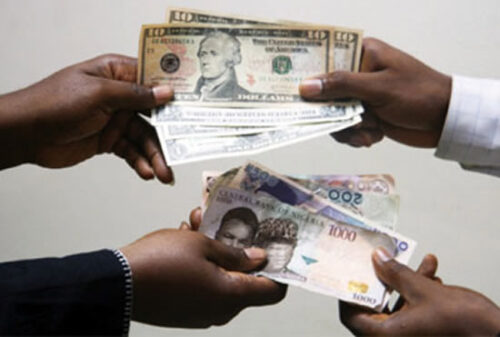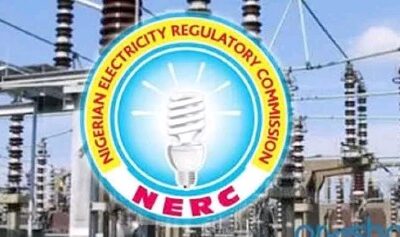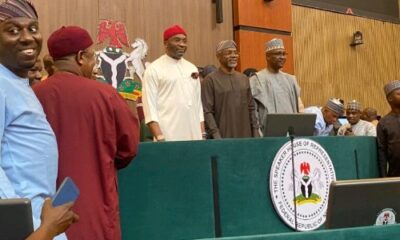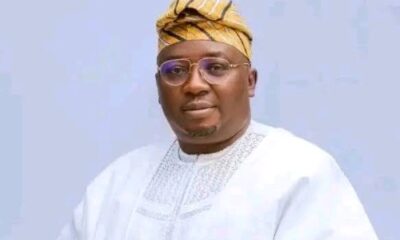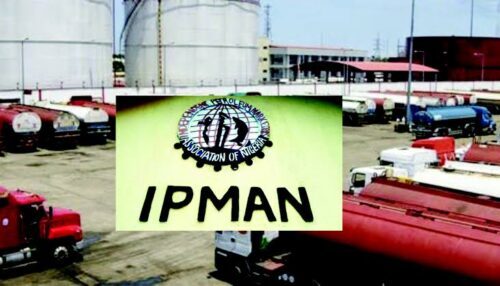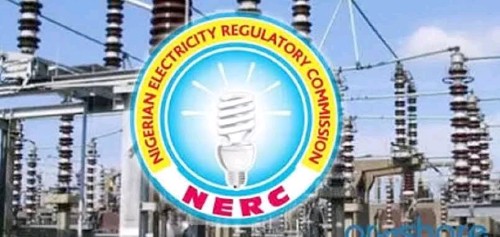At the end of trading on Monday, the naira was worth N1,136/$ on the official market and N1,050/$ on the parallel market, continuing its recent upward trend versus the US dollar.
This was in line with traders’ predictions that the dollar would drop below N1,000 by the end of the week.
Data from the FMDQ Exchange, a platform that manages the Nigerian Autonomous Foreign Exchange Market, showed that on Monday, the naira increased by 6.1%, or N69, at the official foreign exchange market, from N1,205/$ on Friday to N1,136/$.
From $281.34 million on Friday to $251.60 million on Monday, the total daily turnover decreased marginally.
Significant improvement was also seen in the intraday high, which closed at N1,227 per dollar as opposed to Friday’s quote of N1,265 per dollar. The intra-day low appreciated by N100/$1 as the dollar was quoted on the spot at N1,000 on Monday, stronger than the N1,100 quoted on Friday.
The improved rate followed a string of foreign exchange directives by the Central Bank of Nigeria aimed at stabilising the naira. The apex bank last month said it had successfully resolved all valid foreign exchange backlogs, as pledged by the CBN governor, Olayemi Cardoso, addressing inherited claims amounting to $7bn.
Data from the FMDQ also indicated that total inflows into the NAFEM increased by 41.7 per cent to $3.75bn as against $2.64bn in February – the highest level since March 2019 ($6.07bn).
The apex Bank had last week reviewed the exchange rate for the Bureau De Charge operators to N1,101 per dollar from N1,251/$1 as it plans to sell $15.88m to 1,588 eligible BDC operators.
As part of measures to control inflation and stabilise the naira, the CBN last month raised its benchmark interest rate, known as the Monetary Policy Rate by 200 basis points to 24.75 per cent from 22.75 per cent in February 2024.
“We anticipate that the naira would continue to strengthen as the CBN intensifies efforts to bolster liquidity in the market,” analysts at Afrinvest said.
At the unofficial market, currency traders at the popular Wuse Zone 4 market complained bitterly about the naira rates, stressing that the business was no longer profitable.
Malam Ibrahim in a chat with our correspondent claimed he bought the dollar between the rate of N950 and N980 and sold between N1,010 and N1,020
According to him, the low demand is making currency traders negotiate below N1,000 as buying price and selling between N1,010 and N1,020.
Another trader confirmed the same rate saying, “The rate is nearing below N1,000/dollar for buying and even for selling. The dollar is crashing very fast. We started buying at N1,030 today but suddenly, the rates started dropping. The business is really slow, and the CBN rate has also affected us. The most painful thing now is that we are buying, but there is no demand to sell, and that is where the challenges are coming from. And that is the reason the rate went down today. I bought at N1,000 today but I can no longer sell at that price. We have even gone below the rate the CBN gave us.
Traders, and Operators confirmed that they were buying at N900 and selling at N940 per dollar.
Last week, an investment company, Goldman Sachs Group, said the Naira had already established itself as the top-performing currency globally in April, adding that the local currency was expected to extend its gains, amid the continuing effective policy management by the Central Bank of Nigeria.
Goldman Sachs economists, who previously forecasted in February that the Naira would strengthen to N1,200/$ in 2024, now anticipate it could surpass this level due to aggressive measures by the central bank, including a total of 600 basis points in interest rate increases during policy meetings in February and March.

 BIG STORY4 days ago
BIG STORY4 days ago
 BIG STORY4 days ago
BIG STORY4 days ago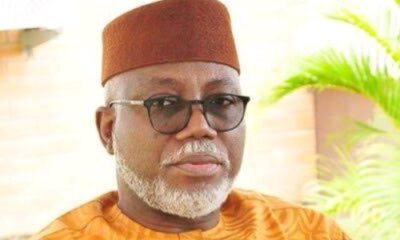
 BIG STORY2 days ago
BIG STORY2 days ago
 BIG STORY4 days ago
BIG STORY4 days ago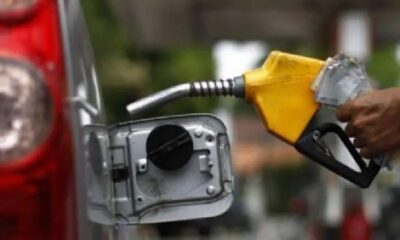
 BIG STORY1 day ago
BIG STORY1 day ago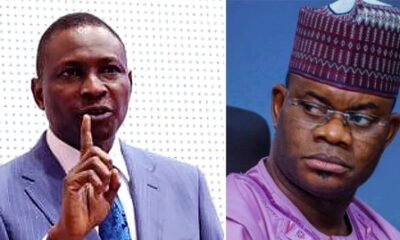
 BIG STORY3 days ago
BIG STORY3 days ago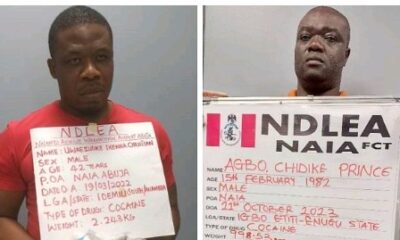
 BIG STORY2 days ago
BIG STORY2 days ago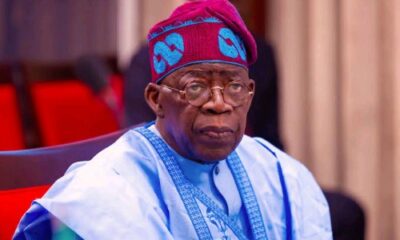
 BIG STORY4 days ago
BIG STORY4 days ago



